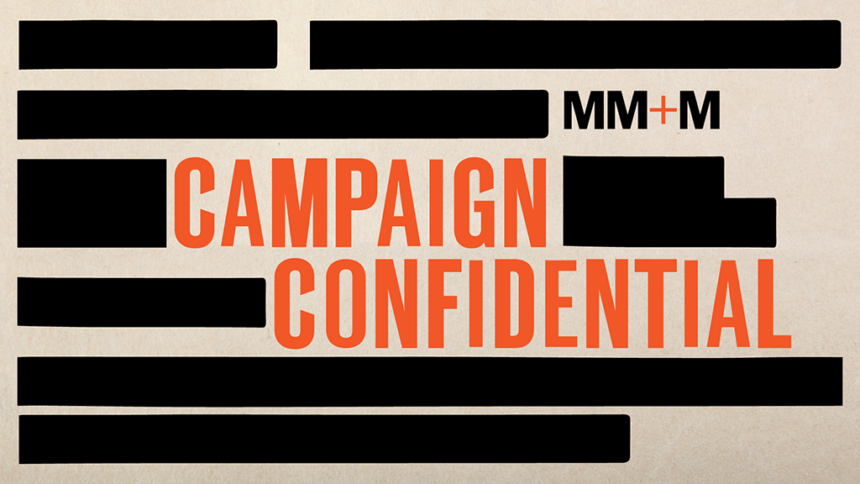Oftentimes, the genesis of many creative campaigns can be traced back to brain-storming sessions in conference rooms.
However, ViiV Healthcare’s latest initiative focused on the mother-and-son relationship among Black and Latinx gay, bisexual and queer men, has a more intimate origin story, as P.J. Monton-Poole, senior manager of external affairs for North America at ViiV, shares.
“One of the catalysts for this campaign was my own particular experience,” he explains. “Seven years ago, I took my mom out for dinner on Mother’s Day, and after dinner, I disclosed my [HIV] status to her. She took a second to go to the restroom to collect herself, came back and said, ‘Well, how can I support you?’ Not only that, but she also added ‘How can I support other mothers who might be getting this news from their sons and other mothers who might want to have this same conversation?’”
Inspired by her support and subsequent questions, Monton-Poole and ViiV decided to create a website rich in resources to facilitate these sorts of conversations. Additionally, the Mother to Son campaign places a series of portraits of mothers and sons, mostly biological but also chosen relationships, at the heart of the effort.
Some of the subjects in the portraits are famous, including Ty Hunter, a celebrity stylist to Beyoncé and other stars, as well as Luna Luis-Ortiz, founder of the Latex Ball. Meanwhile, others embody the full diversity of the Black and Latinx gay, bisexual and queer communities.

These portraits are intended to serve as visual representations of a therapeutic truth. Studies indicate that people who face an HIV diagnosis with a solid support system behind them are more likely to stay connected and engaged with their own treatment.
This finding was confirmed for Monton-Poole during ViiV’s listening tour, in which they spoke to more than 750 Latinx men around the country about their experiences with HIV.
“Maternal support has always been essential with regards to getting men connected to, engaged in and retained in HIV prevention and care,” he explains. “This program was a manifestation of what we had been hearing in community, particularly from Black and Latinx gay, bisexual, queer and trans men.”
In addition to the portraits, the campaign website includes a locator for finding testing sites and care services as well as a discussion guide (available in both English and Spanish) with a different focus. Instead of being centered on the doctor-patient relationship, it provides a starting point for frank and honest conversations between mothers and sons about their fears, hopes, perceptions and strengths to illuminate this unique bond and reinforce it.
Timed to coincide with Pride Month, mothers and sons are invited to sit for their own portraits at Pride activations around the country. This includes the campaign’s “priority cities”: Atlanta, Birmingham, Charlotte, Chicago, Dallas, Nashville, New Orleans and Washington, D.C.
Other activations have included panel presentations like one at the recent National Latinx Conference on HIV/HCV/SUD in New Orleans in May.
“We’re seeing now, more than ever, and especially with this current attack on our rights and the family units that we’ve created, that a lot of mothers and families are coming out to celebrate Pride,” Monton-Poole explains.
He adds that the hope for the campaign is so those who encounter the portraits don’t simply admire the art but perhaps read some of the stories behind them and feel moved to act.
“I want people to do more than just see it,” he says. “I want them to feel the humanity in it. I want people to be able to normalize conversations within their families and networks of support around sexual health. I want to empower people around HIV making it less of a scary thing and more a thing that we can just talk about and that we can address from a place of love, care, compassion and belonging.”







